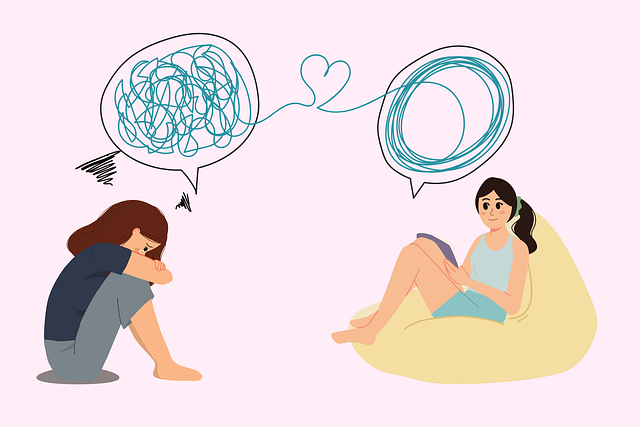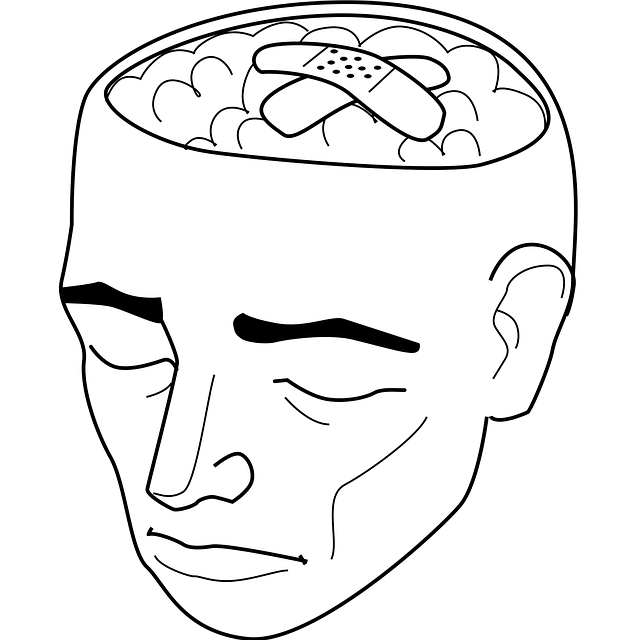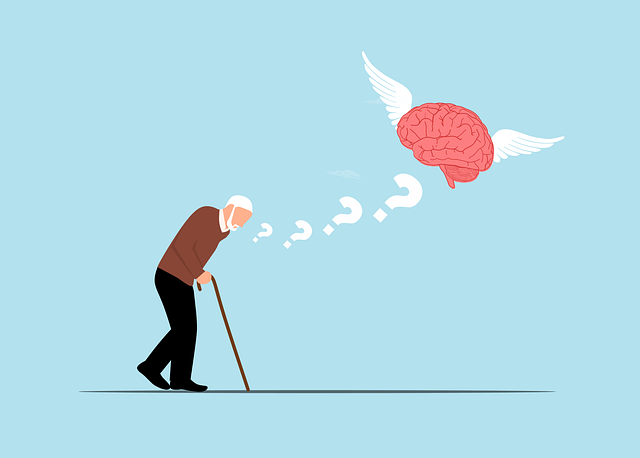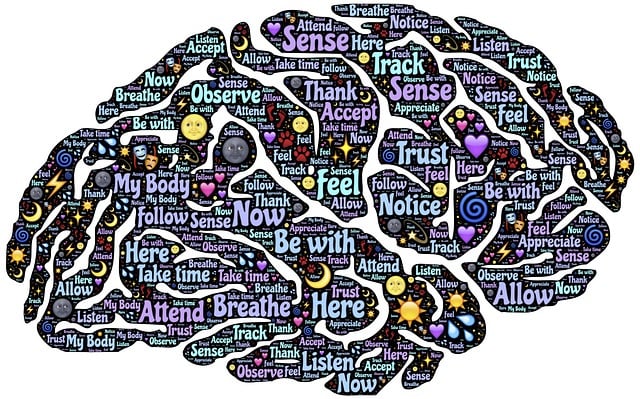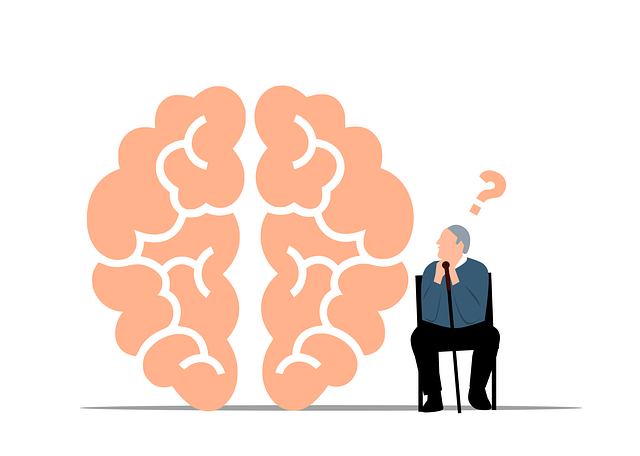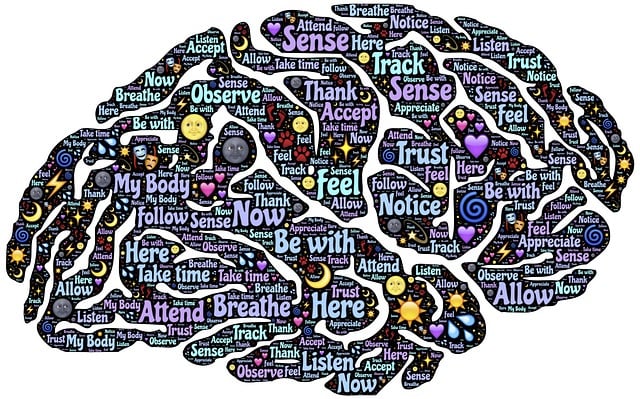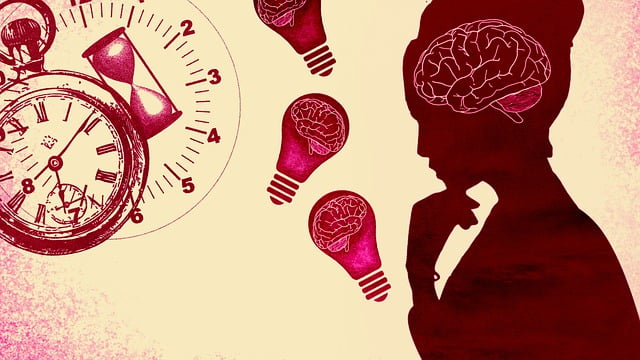In a fast-paced world, maintaining mental wellness is key. Mental Wellness Coaching Programs provide vital support for individuals in golden polyamorous and open relationships, addressing unique communication, trust, and boundary challenges. A specialized program balances fostering healthy connections with tailored conflict resolution and self-care practices. By reducing stigma through group sessions and counseling, these programs empower participants to thrive in their diverse love forms while enhancing emotional well-being through strategic planning and evaluation.
Mental wellness coaching programs are gaining prominence as essential tools for fostering holistic well-being. This article delves into the development of a unique program, the Golden Polyamorous and Open Relationships Therapy, tailored to address the specific needs of individuals in polyamorous and open relationships. By exploring effective design strategies, implementation methods, and evaluation criteria, we aim to illuminate a path towards enhancing mental health support for this often-overlooked demographic.
- Understanding the Need for Mental Wellness Coaching Programs
- Designing a Golden Polyamorous and Open Relationships Therapy Program
- Implementing and Evaluating the Efficacy of the Coaching Program
Understanding the Need for Mental Wellness Coaching Programs

In today’s fast-paced world, mental wellness has become an increasingly important aspect of overall well-being. With rising stress levels and complex personal relationships, many individuals struggle to maintain a healthy mind. This is where Mental Wellness Coaching Programs step in as a vital resource. These programs are designed to support people in navigating their mental health challenges, fostering self-care practices, and learning effective stress reduction methods. By integrating empathy building strategies, coaches help clients develop resilience and improve their overall quality of life.
One specific area that these programs can address is the unique set of challenges faced by those in golden polyamorous and open relationships. Such arrangements often require heightened communication skills, trust-building, and a deep understanding of personal boundaries. Through tailored coaching, individuals within these relationships can enhance their emotional connections while managing potential stressors related to societal perceptions and interpersonal dynamics.
Designing a Golden Polyamorous and Open Relationships Therapy Program

Designing a Golden Polyamorous and Open Relationships Therapy Program involves a nuanced approach to fostering healthy emotional connections while addressing unique challenges. This program should focus on creating safe spaces for individuals and couples to explore their relationships, enhance communication, and cultivate self-care routines for better mental health. By integrating evidence-based practices tailored to polyamorous dynamics, therapists can facilitate effective conflict resolution strategies, strengthen boundaries, and promote open dialogue about intimate topics, including managing jealousy, commitment levels, and personal growth within the relationship(s).
The therapy program should also prioritize Mental Illness Stigma Reduction Efforts, ensuring participants feel supported and understood. Through group sessions, workshops, and individualized counseling, clients can engage in emotional healing processes, learning to navigate their relationships with self-compassion and resilience. The Golden Polyamorous and Open Relationships Therapy aims to revolutionize the mental wellness coaching landscape by offering specialized support that celebrates diverse love forms while empowering individuals to thrive in their chosen connections.
Implementing and Evaluating the Efficacy of the Coaching Program

Implementing a mental wellness coaching program involves careful planning and evaluation to ensure its efficacy. The process begins with defining clear goals aligned with promoting emotional well-being, particularly focusing on innovative approaches like Golden Polyamorous and Open Relationships Therapy. This therapeutic model encourages clients to explore self-love, trust, and open communication, fostering healthier connections and improved mental health.
Evaluation is crucial to measure the program’s impact. Utilizing methods such as pre-post assessments, client feedback, and qualitative interviews, coaches can track progress in areas like compassion cultivation practices and self-care practices. Regular reviews allow for adjustments, ensuring the program remains effective and meets the evolving needs of participants. By combining these strategies, mental wellness coaching programs can optimize their benefits, contributing significantly to the emotional well-being promotion techniques they offer.
Mental wellness coaching programs, particularly those focusing on Golden Polyamorous and Open Relationships Therapy, offer a unique and necessary approach to supporting individuals navigating complex interpersonal dynamics. By combining understanding, empathy, and evidence-based practices, these programs can foster resilience, improve communication, and enhance overall mental well-being. As society continues to evolve, initiatives like these are crucial in promoting healthy relationships and individual growth. Implementing and evaluating these programs effectively ensures their continued development and success in meeting the diverse needs of participants.



